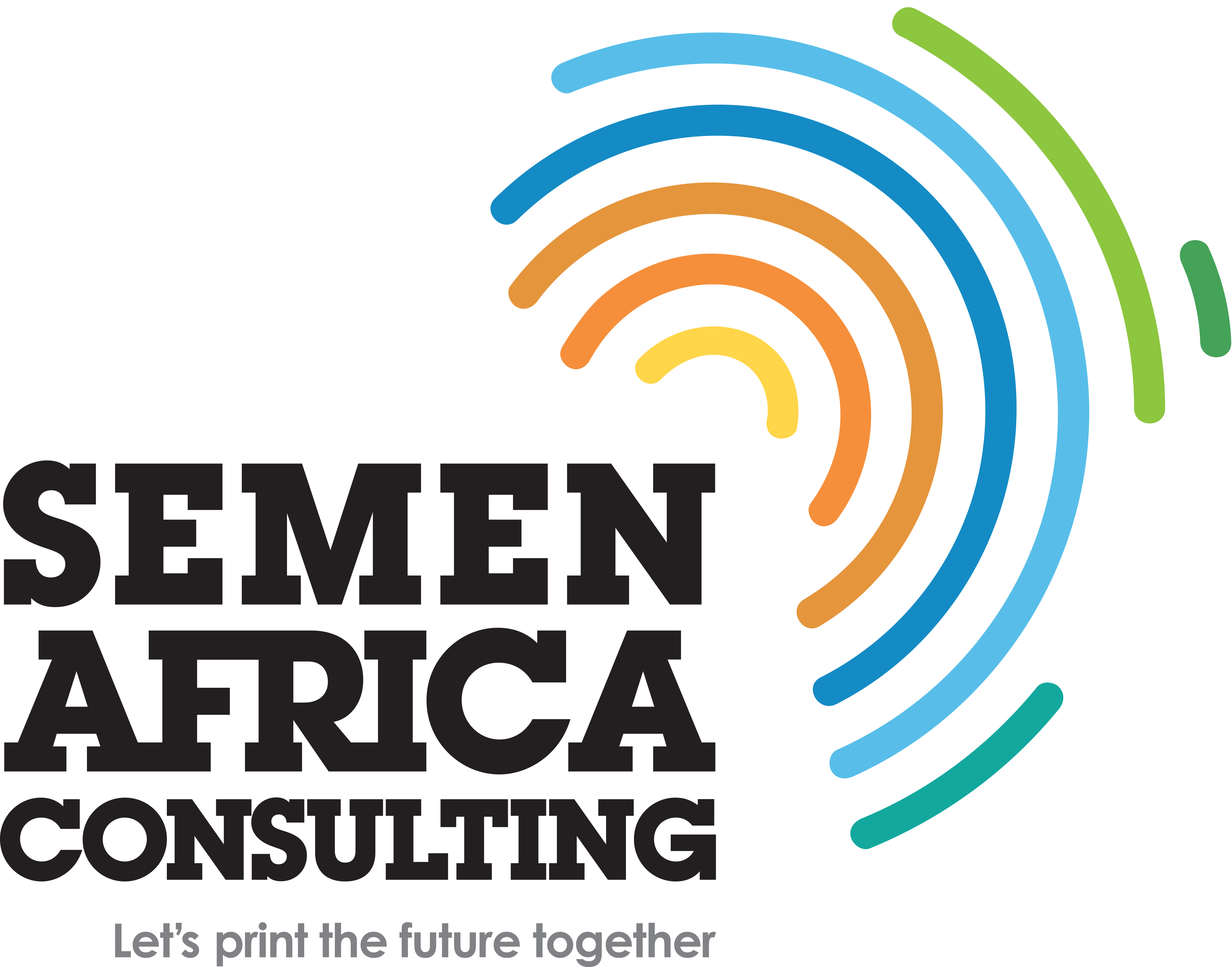Investment in human capital is fundamental to economic development, and is one of the key pillars for achieving the Sustainable Development Goals.
Africa, rich in natural resources, must overcome its skills deficit to optimise the management of its resources. The Italy-Africa summit highlighted the MATTEI plan, underlining the importance of training, education and professional qualifications for development and the fight against illegal immigration. The plan includes boosting trade with Italy through a dynamic network of trained local businesses.
A Sino-Egyptian agreement has been reached to establish a $17.7 million vocational training centre on the Suez Canal site, equipped by China with cutting-edge technology for various industries, to train and qualify local labour for the job market. The Suez Canal, vital to global shipping, is at the heart of this issue.
In Libya, Germany is planning to set up vocational training centres in various fields, thereby promoting the transfer of knowledge between German institutions and Libyan schools, and facilitating the return of German companies following the security crisis. The Singapore government is offering strategic scholarships to experienced African civil servants, enabling them to move into senior positions after training.
In conclusion, training in Africa is crucial to national strategies, facilitating the integration of foreign companies and training local staff according to specific interests.



